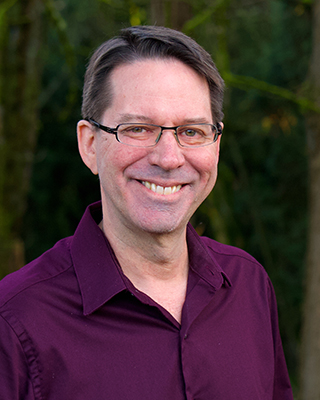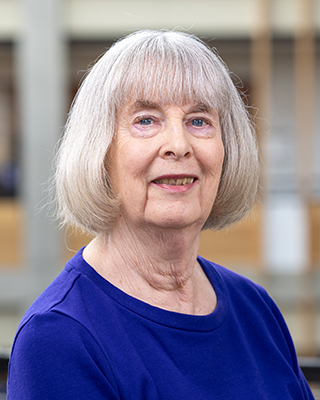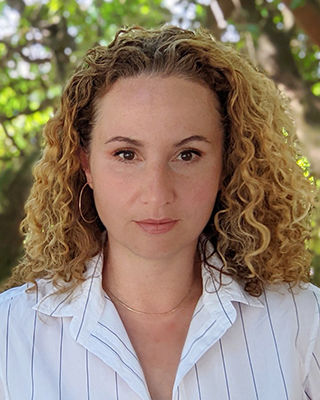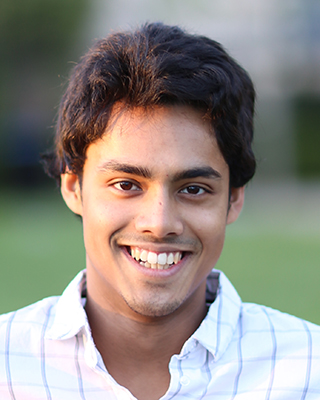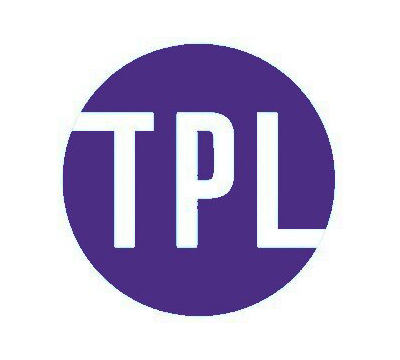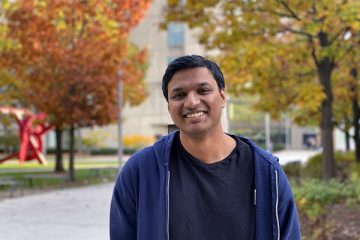Allen School researchers are at the forefront of exciting developments in AI spanning machine learning, computer vision, natural language processing, robotics and more.
We cultivate a deeper understanding of the science and potential impact of rapidly evolving technologies, such as large language models and generative AI, while developing practical tools for their ethical and responsible application in a variety of domains — from biomedical research and disaster response, to autonomous vehicles and urban planning.
Groups & Labs
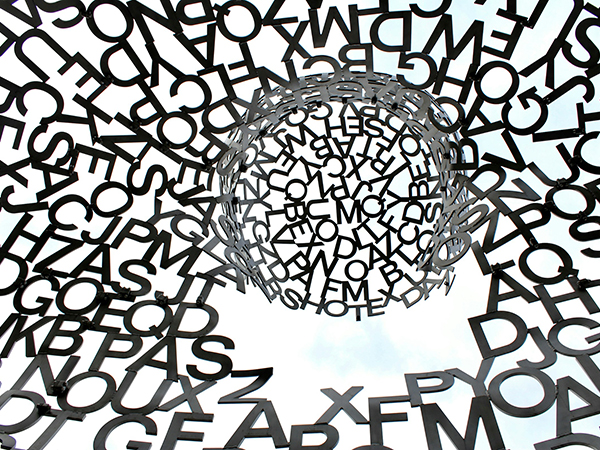
Tsvetshop
Tsvetshop researchers aim to develop practical solutions to natural language processing problems that combine sophisticated learning and modeling methods with insights into human languages and the people who speak them.
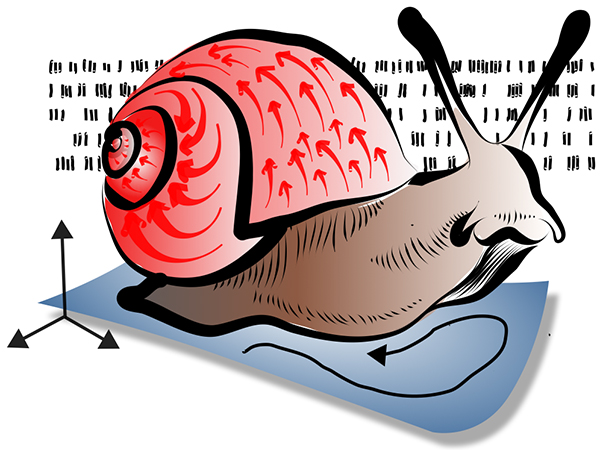
Systems Neuroscience & AI Lab (SNAIL)
SNAIL develops computational models and algorithms for understanding how single-trial neural population activity drives our abilities to generate movements, make decisions, and learn from experience.
Faculty Members
Centers & Initiatives
Change is a cross-campus collaboration that explores the challenges of developing technology in the context of positive social change. It seeks to make connections between researchers, outside organizations, and the public to inspire the development of new capabilities aligned with the interests of those most in need.
The Tech Policy Lab is a unique, interdisciplinary collaboration at the University of Washington that aims to enhance technology policy through research, education, and thought leadership. Founded in 2013 by faculty from the Paul G. Allen School of Computer Science & Engineering, Information School, and School of Law, the Lab aims to bridge the gap between technologists and policymakers and to help generate wiser, more inclusive tech policy.
Highlights
Allen School News
UW College of Arts & Sciences
Ye, who graduated in June with degrees in computer science and philosophy, was recognized by the College of Arts & Sciences for his campus leadership and interdisciplinary research contributions spanning language models, computer vision, human-AI interaction and more.
Allen School News

